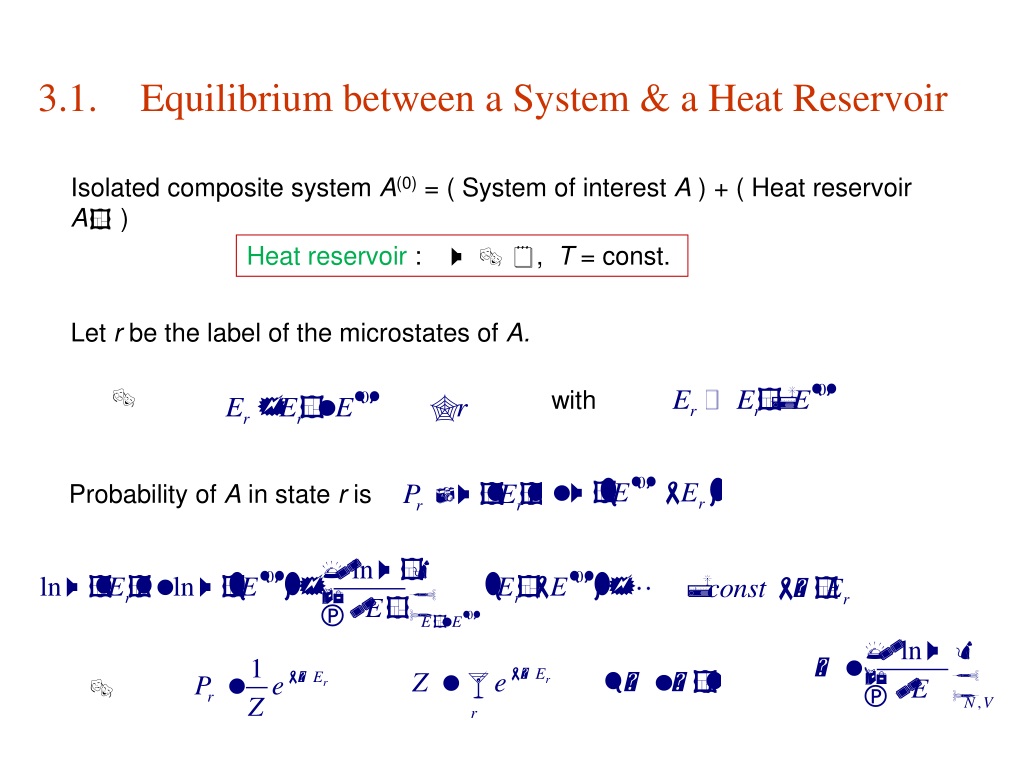
The temperature is still assumed to be fixed. But now in addition to energy, there is also exchange of particles.

For example, the phase space measure of the microcanonical ensemble (see below) is different from that of the canonical ensemble. The choice of this measure is dictated by the specific details of the system and the assumptions one makes about the ensemble in general. If a region A of the phase space has larger measure than region B, then a system chosen at random from the ensemble is more likely to be in a microstate belonging to A than B. The statistical properties of the ensemble then depend on a chosen probability measure on the phase space. A collection of elements from the ensemble can be viewed as a swarm of representative points in the phase space. Most "pure" mathematicians working in probability theory do not use the term, preferring to use the terminology of probability spaces.Įnsembles of classical mechanical systemsįor an ensemble of a classical mechanical system, one considers the phase space of the given system.
System of harmonic oscillators microcanonical ensemble full#
The word ensemble is also sometimes used for smaller sets of possibilities, sampled from the full set of possible states.Some of these results are presented in the article Statistical mechanics. But for important physical cases it can be possible to calculate averages directly over the whole of the thermodynamic ensemble, to obtain explicit formulas for many of the thermodynamic quantities of interest, often in terms of the appropriate partition function (see below). The notional size of the mental ensembles in thermodynamics, statistical mechanics and quantum statistical mechanics can be very large indeed, to include every possible microscopic state the system could be in, consistent with its observed macroscopic properties. The ensemble formalises the notion that a physicist repeating an experiment again and again under the same macroscopic conditions, but unable to control the microscopic details, may expect to observe a range of different outcomes. 3 Ensembles in quantum statistical mechanics.

2.1 Principal ensembles of statistical thermodynamics.2 Ensembles of classical mechanical systems.


 0 kommentar(er)
0 kommentar(er)
